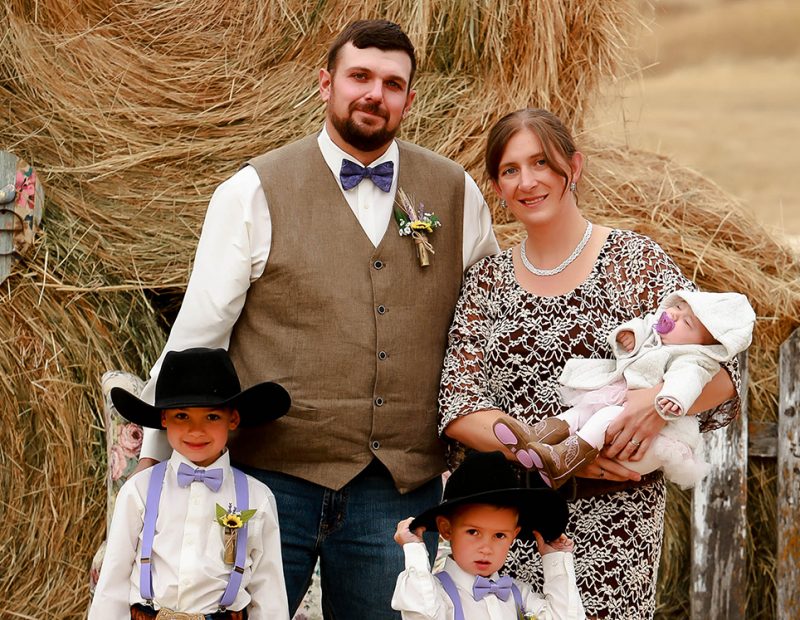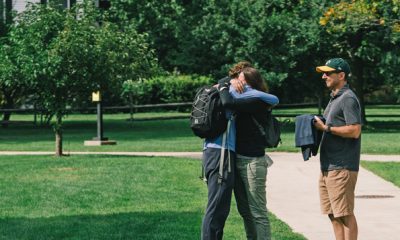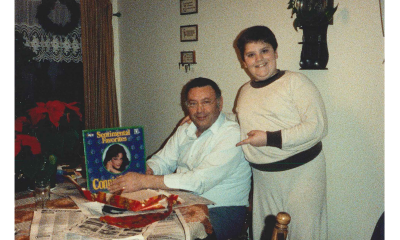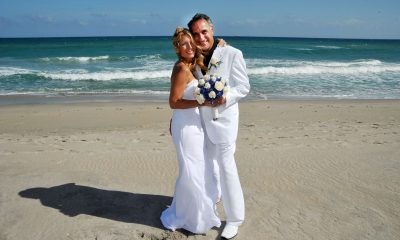by Autumn Toelle-Jackson
I was blessed growing up; I had very little experience with grief. When I faced my first real grief experience as an adult, I didn’t even recognize it. After having a healthy child, my husband and I experienced one miscarriage and then another. I knew I was sad, but I didn’t know I was grieving. I told myself that if so many women have miscarriages (one in four is the commonly cited statistic), and yet no one talked about them, then I was the one over-reacting about the losses. I would lay in bed for hours after I told my husband I was okay, wondering why I couldn’t “get over it” the way other women did. I didn’t know I was grieving, I just felt broken and ashamed, and it was something I needed to deal with alone.
My husband and I eventually had a second healthy baby and we truly felt that everything was how it should be, perfect. For two amazing weeks, we couldn’t have asked for anything more. Then grief shattered my world. My 30-year-old husband went for a jog one evening and collapsed on the side of the road. His heart stopped, unknown natural conditions, and I was alone with a toddler and newborn. I was surprised to realize I knew so little about grief. I had thought grief was just being extra sad. No one had told me I would physically be unable to eat and sleep; that the stress of it all would cause clumps of my hair to fall out. Even seven years after Joe’s death, there are still big black holes in my memory, protecting me from the pain I felt during that time.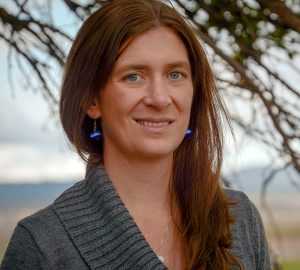
I struggled through those early weeks, doing only what was required of me. Feeling alone while surrounded by friends and family. The pull of darkness surrounding my grief was so strong. I both feared it and craved it, hoping the pain of oblivion would take over. But it never did and I realized I needed help. I needed support and someone to talk to. After months of searching the internet, I finally found Soaring Spirits, Inc., an organization that supported widows, including young widows with kids, and signed up for their Camp Widow. I also took an acquaintance up on his offer to talk at 3 a.m. when I couldn’t sleep. We talked about my husband, Joe. He asked questions and didn’t get uncomfortable with the answers. He let me laugh, cry, and be myself; I didn’t have to build walls around myself to protect us from my feelings. These conversations lead to a friendship, then a relationship, and marriage a few years later.
At first, I struggled with my feelings. I very much still loved Joe, and knew I always would, so how could I love another. I decided to take the risk and found that love is not mutually exclusive. My love for Joe didn’t take anything away from the love that grew for Kyle. I could, and would love both men. I could be happy in my new love and simultaneously sad that I was no longer with Joe.
A year after Kyle and I were married, we added a beautiful baby girl to our family, Rylee Marie. She was everything we’d ever wanted and our whole family doted on her constantly. Then she got sick. She went into cardiac arrest, and while the doctors were able to stabilize her, a few days later she was declared brain dead. Rylee was not quite four-months-old. First Joe, then Rylee. I felt cursed; that happiness was always going to be ripped away from me. I didn’t know why I had to suffer this way. I wanted answers, but there were few given.
Kyle and I decided to donate Rylee’s organs because we wanted to save other parents from the grief we were experiencing. Even at such a young age, Rylee was able to donate her heart, liver, and kidneys. We had lost Rylee, but we could salvage something from her life through organ donation. You would think that the lowest point in a parent’s life is being told their child is dead, but we were surprised to find we fell even lower when, for a few hours, we were told Rylee wouldn’t be able to donate after all. That’s when we realized that donating Rylee’s organs wouldn’t just help other families, but it would (and already was) help us with our grief. Not taking it away, but taking away some of the sharpness.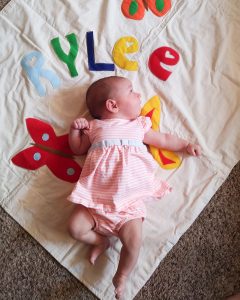
After losing Rylee, I knew I needed to embrace my grief or it would kill me. I began to be more open about my losses, sharing them at small group meetings and on social media. I worked to promote organ donation, not from the recipient side, but from the donor family side. At first, it was hard to talk honestly about it. The pain one experiences when grieving is terrifying. However, I found that as I went into the darkness of my losses and talked about them more, the pain and fear were diminished. When I felt a wave of grief building behind me, I found that turning and facing it, going boldly into that darkness knowing it would be painful, was also healing. Where before I had tried to delay and suppress my grief, I found myself trying to embrace it, and by embracing it, I was able to escape the darkness and be the light for others who were grieving.
There is freedom in knowing that you can survive grief, so instead of running, save your energy, turn and face it. Stop suppressing the pain, let it run its course at the moment, and, when that wave of grief passes, you will find you have more room for other emotions like happiness and hope, and the hold grief has on your life weakens.
I started Growing with Grief to help people find grief-related resources. Even something as simple as searching the internet can be exhausting in acute grief; I know how much I struggled with it. I hope that I can make someone’s grief a little easier by providing this service. In addition to starting Growing with Grief, I decided to write my memoir Boldly into the Darkness: Living with Loss, Growing with Grief & Holding onto Happiness. I wanted people to know they weren’t alone in their grief and felt that people could benefit from hearing my story. I wanted to spread the hope that even with grief, there is still love and happiness in the world if you can just find it.
For more information about Autumn, you can check out her website.
Support us by driving awareness!
Subscribe to our YouTube channel at YouTube.com/GrapGrief.
Follow us on Facebook at Facebook.com/GrapGrief and on Instagram at Instagram.com/GrapGrief.




